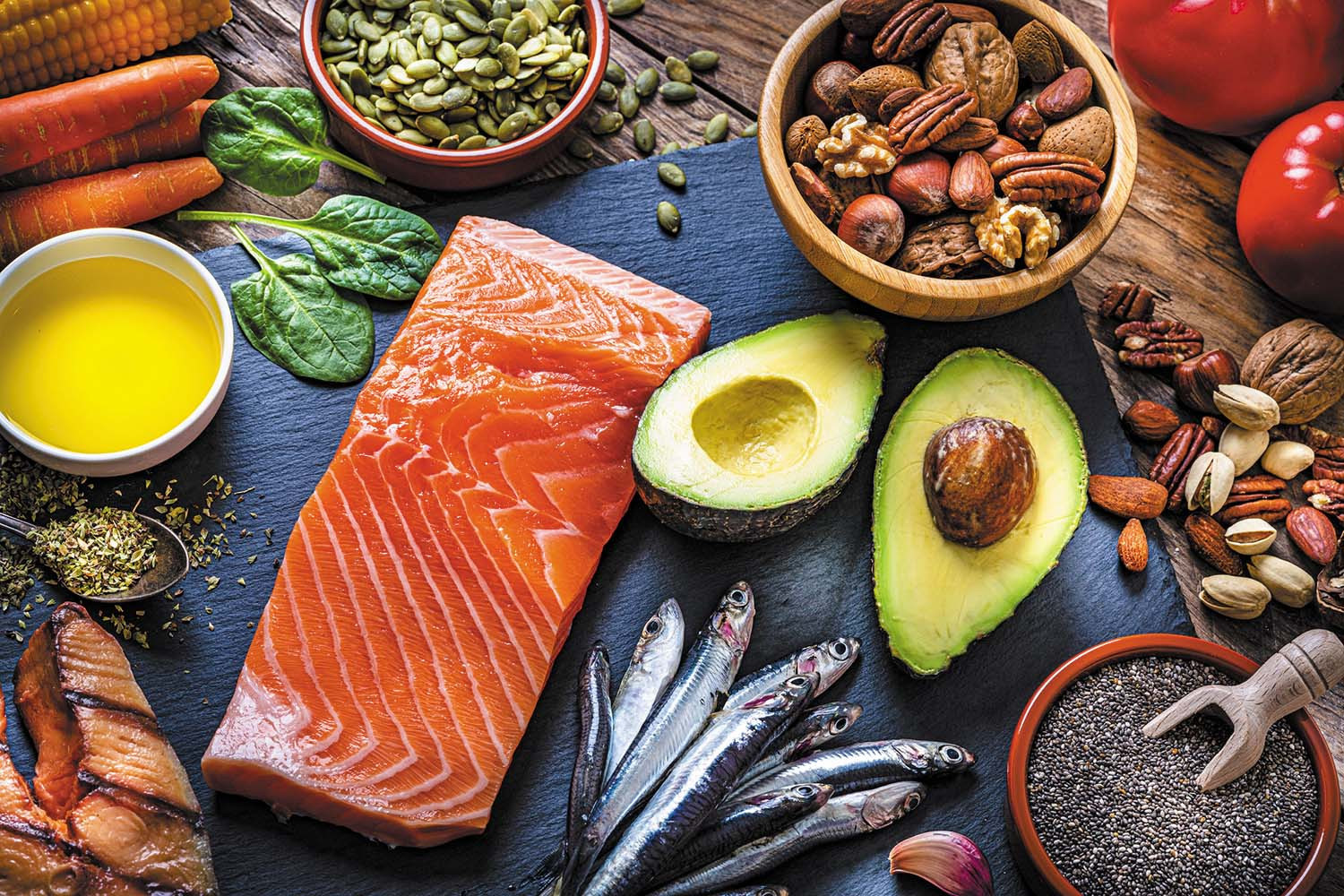
Driving with arthritis pain: Stay comfortable — and safe — behind the wheel

Daily cup of coffee may prevent afib recurrence

Gene-editing therapy lowers harmful blood fats in early study

What is EMDR therapy, and who can it help?

GLP-1 drugs versus bariatric surgery for treating obesity

Two dumbbells, three exercises, and 10 minutes

Easing the emotional burden of IBS

Modify your push-ups to meet your fitness level

What is long QT syndrome?

Stroke survivors may benefit from very low LDL levels
Physical Activity Archive
Articles
UK study confirms Mediterranean lifestyle benefits
A 2023 study of about 110,000 people in the United Kingdom suggested that those who most adhered to a Mediterranean lifestyle had a 28% lower risk of dying from cancer and a 29% lower risk of dying prematurely from any cause, compared with those who least adhered to the lifestyle.
Does poor sleep diminish the cognitive benefits of exercise?
In a 2023 study, among people age 50 or 60 who reported high rates of exercise, those who said they slept less than six hours per night had faster rates of cognitive decline over the next 10 years than those who said they got six to eight hours of sleep per night.
Large study finds the sweet spot for daily step goals
In a 2023 review of 17 studies that included about 227,000 people, those who took at least 3,900 steps per day had reduced risks of dying young from any cause. Even taking about 2,300 steps per day compared to fewer daily steps was tied to reduced risks of dying prematurely from cardiovascular disease.
Move of the month: Side lunge with knee lift
A side lunge with a knee lift works the inner and outer thigh muscles and helps improve balance.
Harvard study: Even weekend warriors achieve heart benefits
A 2023 Harvard study found that regularly squeezing a week's worth of exercise (150 minutes) into just one or two days—a "weekend warrior" approach—is linked to the same heart-healthy benefits as daily exercise.
Ways to maximize your energy
People's energy levels typically decrease later in life as a result of aging, illness, or other factors. Fortunately, a healthier lifestyle can boost energy. That involves eating a diet low in added sugars and processed foods, getting seven to nine hours of sleep each night, managing stress, getting lots of aerobic exercise, and strengthening the muscles. Using physical energy frugally is another useful strategy. For example, it helps to perform activities at a slow, steady pace instead of a fast pace; to break activities into small tasks instead of one large job; and to rest between tasks.
For mellow movement that helps your heart, try tai chi
Tai chi is a gentle, adaptable practice that features flowing movements combined with breathing and cognitive focus. It may be especially helpful for people who are recovering from a heart attack or other medical problems or who have heart failure. Tai chi also can be a gateway to other types of physical activity because the practice may improve balance, reduce the risk of falls, and even help ease lower back pain—a common reason for avoiding exercise.
Cardiorespiratory fitness may protect men from some cancers
According to a 2023 observational study, greater cardiorespiratory fitness in men was linked to a lower risk of death from colon, lung, or prostate cancer.
Step up your running and walking workouts
Running and walking are two of the best exercises — and among the easiest to adopt — for almost everyone. But it can be easy to get in stuck in a rut. Some ways to reignite the excitement and boost commitment for these activities are to set goals and challenges, enlist a workout buddy, explore new routes, do more interval training, and buy fun accessories.
An inside look at body fat
As men age, their metabolism naturally slows, and they burn calories more slowly. They can be less active and consume extra calories. The result is a buildup of visceral fat inside the abdominal cavity and around vital organs. This can raise heart disease risk factors, such as blood pressure, blood sugar, and total cholesterol levels. The best way to fight visceral fat is with aerobic exercise, strength training, and a healthy diet that includes plenty of protein.

Driving with arthritis pain: Stay comfortable — and safe — behind the wheel

Daily cup of coffee may prevent afib recurrence

Gene-editing therapy lowers harmful blood fats in early study

What is EMDR therapy, and who can it help?

GLP-1 drugs versus bariatric surgery for treating obesity

Two dumbbells, three exercises, and 10 minutes

Easing the emotional burden of IBS

Modify your push-ups to meet your fitness level

What is long QT syndrome?

Stroke survivors may benefit from very low LDL levels
Free Healthbeat Signup
Get the latest in health news delivered to your inbox!
Sign Up











